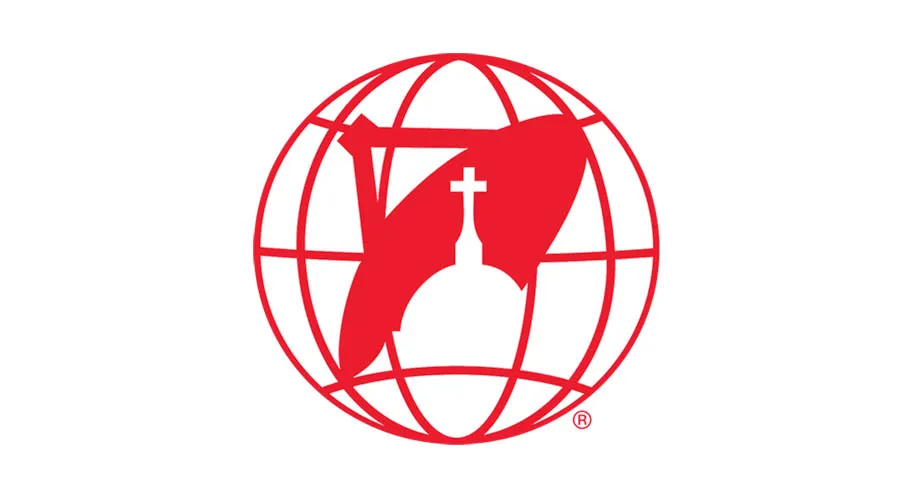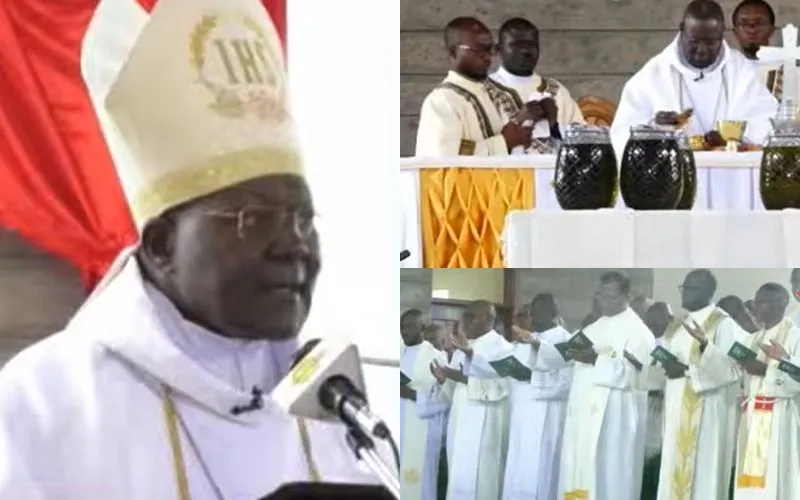In northeastern Nigeria, civilians report that Nigerian security forces “deliberately avoid responding to warnings of violence until after attacks have taken place.”
“Unchecked terrorism has led to a kidnapping epidemic in Nigeria,” the report reads, noting that in 2023, at least 4,700 Christians were abducted, 281 of whom were kidnapped because of their faith.
Twelve of Nigeria’s 36 states enforce blasphemy laws where blasphemy is punishable by imprisonment or death, according to the Islamic code, Sharia law. This goes against Nigeria’s constitution, which restricts Sharia courts to matters of personal law.
In Kano state, Solomon Tarfa, who ran the Christian orphanage Du Merci with his wife, Mercy, was arrested when the orphanage was raided by police without a warrant. The orphanage was closed.
Most of the children were sent to an Islamic orphanage, but 16 children remain in government custody, where they have reported being abused and neglected. In one case, the report shows a photograph of a 16-year-old boy with third-degree burns on his hands and arms from time in government custody.
(Story continues below)
Sharia law has also led to forced marriage and conversion of Christian girls and women, the report notes. “Northern state governments regularly refuse to protect Christian families from this abuse,” the report reads, listing several cases of kidnapping where the local governments approved of the forced marriage or did nothing.
The U.S. has yet to designate Nigeria as a Country of Particular Concern for its religious persecution, the report noted, even though the United States Commission on International Religious Freedom (USCIRF), the highest religious freedom advisory body in the nation, has been recommending it do so since 2009.
In 2020, former secretary of state Mike Pompeo designated Nigeria as a CPC for the first time, but the designation was removed the following year under Secretary of State Antony Blinken, who attributed the violence to other causes.
“Sadly, it appears that the CPC designations have been politicized,” the document reads. “Rather than being used as a tool to advance religious freedom abroad, administrations are dodging the designation to avoid political problems.”
The report advises that the U.S. take a series of steps to hold Nigeria accountable and address the issues, including appointing an ambassador to Nigeria, selecting a special envoy to report on the violence, and analyzing U.S. aid distribution to Nigeria.
“Finally, the U.S. needs to understand and broadcast the true nature of the violence in Nigeria,” the report concludes. “Diminishing the violence to secondary issues of ‘farmers-herders conflict’ or ‘climate change’ prevents the U.S. from sufficiently addressing the source of the violence.”
“The United States’ failure to hold Nigeria accountable for its religious freedom violations has allowed the Nigerian government to operate with impunity, perpetuating the violence caused by nonstate actors and allowing state-level persecution to continue,” the document notes.
“The unchecked violence and discrimination have led to severe loss of life, particularly Christians, and the conflict continues to undermine the Nigerian government, threaten national security, and cause significant economic loss,” it reads.
Kate Quiñones is a staff writer for Catholic News Agency and a fellow of the College Fix. She has been published by the Wall Street Journal, the Denver Catholic Register, and CatholicVote, and she graduated from Hillsdale College. She lives in Colorado with her husband.








